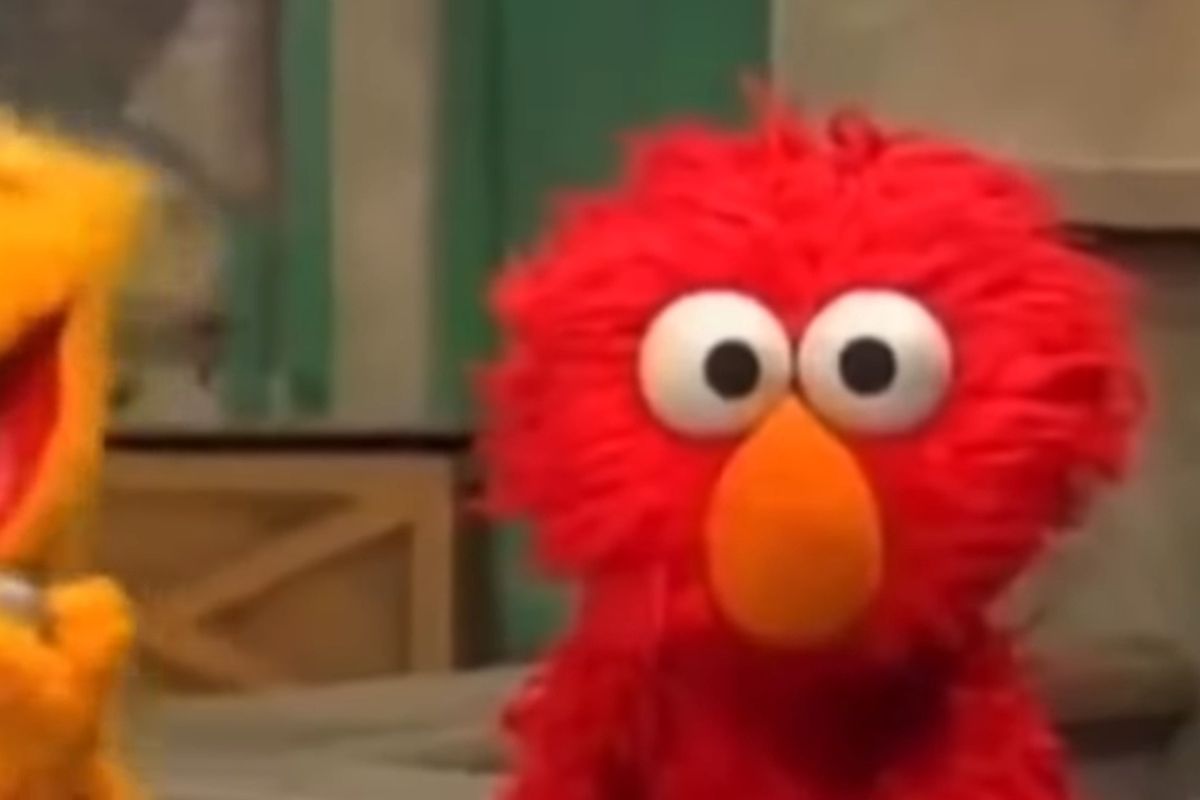I Thought We Left NFTs in 2022, but the News Didn’t Reach ‘Sesame Street’
S is for Scam.

If you’re still recovering from the jump forward in time thanks to daylight saving time or the various events of The Academy Awards or The Last of Us season finale, you might want to sit down for this one. The Sesame Workshop has pulled some more shenanigans, and this time it’s to sell NFTs of their flagship franchise. We laughed at the last time NFTs were in the news because Trump selling bizarre images of himself that supposedly translated to real value was kind on brand for him. This decision by Sesame Workshop, though? This feels personal.
In an exclusive for Variety, the VP of global strategic partnerships and themed entertainment said this was “to celebrate [the series’] enduring legacy and give our long-time fans a new way to showcase their love for Sesame Street and its characters.” As a non-profit, Sesame Workshop has to balance maintaining its mission with the financial realities of filling in the gap for an already underfunded education system.
This is likely part of the justification for licensing Sesame Street to outside vendors for merchandise, the parks, and more. Though each comes with its own ethical issues, there has rarely been such a straightforward decision.
Sesame Street NFTs? No freaking thanks
As a children’s show born from public TV and designed to bridge the education gap, Sesame Street gets a lot of wiggle room to create without feeling like another contemporary repackaging of nostalgia to sell some tickets or t-shirts. However, with great power comes great responsibility—not just to the fans of the show, but also to the vision of the creators. Selling NFTs of Sesame Street characters feels antithetical to these ideals and to Jim Henson’s legacy.
The show wasn’t just Henson’s, but he designed the characters and was very involved from its inception. According to others that worked on the show, the casting director and head writer, Jon Stone, said that if Henson’s company weren’t involved, there would be no puppets. Created at a time of great social change and the backlash to it, Sesame Street is one of many Jim Henson projects that attempted to act as a stopgap to individualism and greed that came around the corner.
After all, the early years of the show were on the backdrop of Thatcherism, Reaganomics, and excess for the privileged. Henson’s criticism of capitalism comes through in much of his work. In 2021, lifetime collaborator Frank Oz said he thinks the negotiations over selling The Muppets to Disney are partially to blame for Henson’s poor health before he died.
Sesame Street was designed to help Black/brown and low-income kids prepare for school. It was an effort to bring people together and lessen class/racial discrimination, not a means of wealth building, let alone through an unstable method.
(via Variety, featured image: Sesame Workshop)
Have a tip we should know? tips@themarysue.com